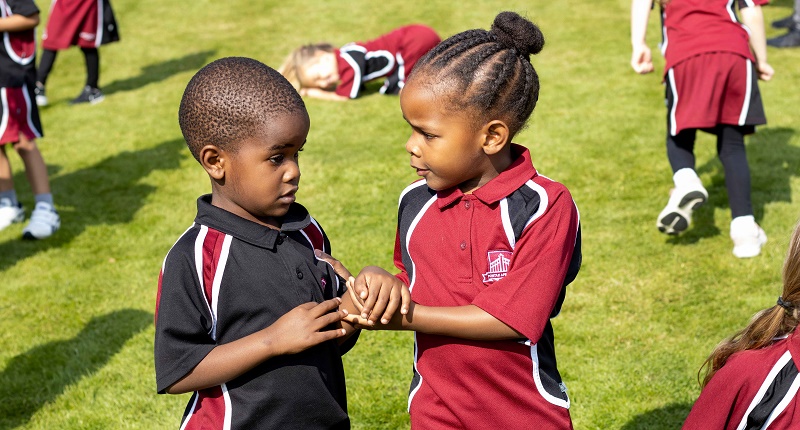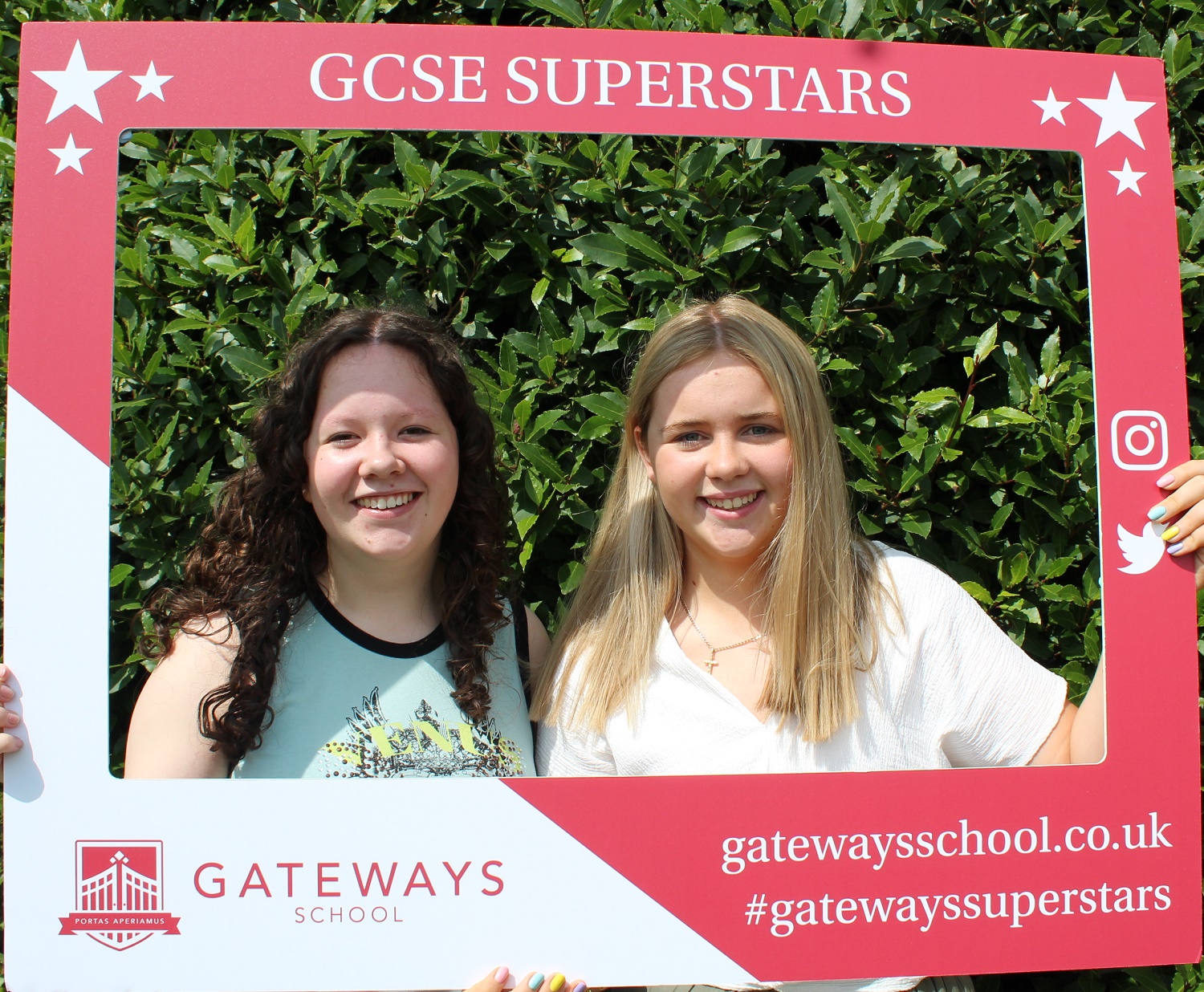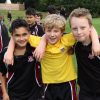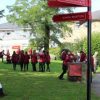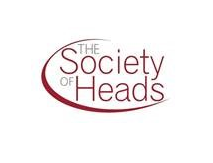Academic
Upper 3, Lower 4 and Upper 4 (Years 7, 8 and 9)
Curriculum
All pupils follow a broad curriculum which currently includes the following subjects; English, Maths, Art, Spanish, Latin, Geography, History, Music, Religious Studies, Drama, Biology, Chemistry, Physics, Food Technology, Textiles, Computing, Physical Education and PSHE.
French and German are introduced in Upper 4 (year 9), when pupils must decide whether to also continue with Spanish.
Homework
Homework is an integral part of the academic day. Each year pupils are given a homework timetable indicating the subjects per evening and guidelines as to how long this should take. A supervised homework club runs every night until 6.00pm in the Cox-Simpson library. This is free of charge and all High School pupils can make use of this facility.
Academic Assessment and Rewards
Students are monitored throughout the year in all subjects. At the end of each term academic excellence and effort is recognised through subject awards assembly in which certificates are given to those who have achieved outstanding academic success or shown sustained effort to improve. Assessment is continuous through both class and homework. Students work with their Form Tutor to track, monitor and improve their work through the setting of targets.
House Points
House points and commendations are awarded for good pieces of work. Bronze, silver and gold certificates are awarded for each item to pupils achieving high numbers of house points. At the end of each term the house point totals are announced and count towards the House Cup awarded at the end of the Academic Year.
Reporting to Parents
The school virtual learning platform (Firefly) plays a key role in ensuring regular communication between home and school. More formally, reporting takes place each half term either in the form of a half-term review, a parents’ evening or a formative report. Pupils are invited to attend all parents’ evenings.
GCSE Years Lower 5 and Upper 5 (Years 10 and 11)
GCSE Options
Pupils follow the formal two year GCSE or iGCSE course.
Core subjects: English Language, English Literature, Maths, Double Science or Triple Science.
Optional Subjects: 4 subjects (or 3 if taking triple science) must be chosen, at least one of these must be a Modern Foreign Language. Other subjects include Art & Design, Art & Textiles, Business Studies, Classical Civilisation, Computing, Drama, Food Technology, French, Geography, German, History, Latin, Music, Physical Education, Religious Studies, Spanish, Three-dimensional design.
Additional subjects: non-GCSE physical education and PSHE.
Click here for our latest GCSE Options Booklet.
Controlled Assessments
Controlled Assessment is an integral part of many GCSE courses. It offers the opportunity to produce work of the highest possible standard, without the time pressures of an examination. Controlled Assessment and coursework are usually assessed internally, within strict guidelines to ensure standardisation.
Academic Reviews
An Academic Review provides a snapshot of progress. A full Formative Report is sent home during the year and this includes developmental targets to help improve standards. A parents’ evening is also held each year to discuss progress.
Tests and Examinations
Pupils are assessed throughout the year in all subjects and at the end of each term high achievers appear on the Merit boards. In June all pupils in High School have either school or public examinations. In Upper 5 (year 11) there are mock examinations and pupils will be given study leave at this time. Public examinations are held in May and June.



